In my last post, I wrote about the dreaded cancer ghosting that inevitably happens after someone, (ie ME) is diagnosed with cancer. And how a similar phenomenon occurs with many other similar diagnoses (diagnosi? I dunno— I’m too lazy to look it up and medical terms have to do everything differently anyway).
Whereas cancer ghosting involves people disappearing from your life, grief tourism involves people appearing in your life… just not in a good way.
No, the grief tourism I’m talking about isn’t about visiting places where lots of people died that is popular among many history buffs—things like visiting the sites of bloody battlefields or atomic bomb destruction.
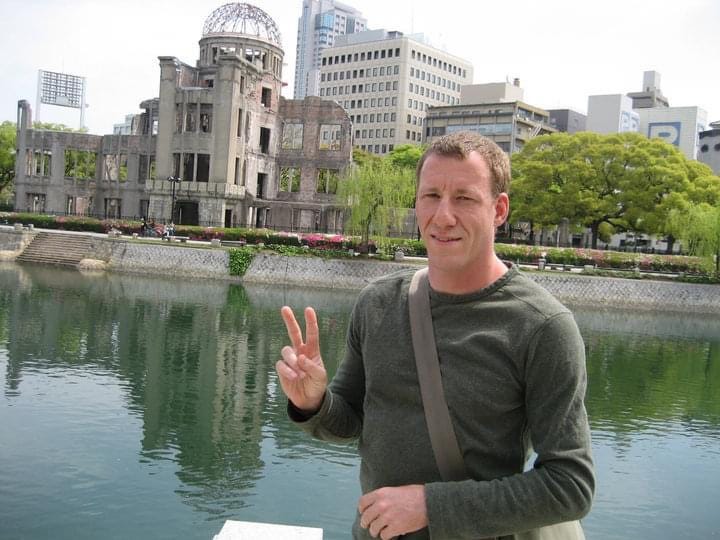
The grief tourism I am alluding to actually has several definitions that I’ve come across, but most involve folks expressing all sorts of care on social media, but never really doing anything of actual help in real life. A kind of “thoughts and prayers” on steroids, if you will (and please don’t).
To illustrate the problem with this, imagine having some terrible thing happen to you and then having folks say nice yet ultimately pointless things to literally everyone else but you. It’s like trying to be rewarded by just showing how much you care yet not really caring at all… exploiting someone else’s bad news for likes and follows. I't’s not so maddening as it is… just ewwww.
Another less common definition of grief tourism that I’ve seen and heard is when someone who knows the actual victim (though usually not very well) makes themself very present in said victim’s life and goes out of the way to learn every detail of cancer’s terribleness in order to somehow assist yet it ultimately only succeeds in bumming everyone out further. Again, the “tourist” uses such interractions to “virtue signal” what an amazing person the “tourist” is for helping someone else out without actually doing anything all that supportive.
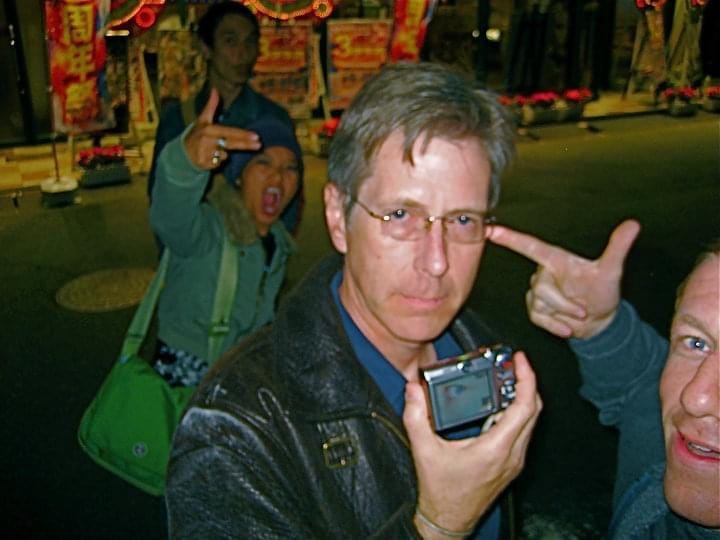
I personally haven’t experienced much in the way of grief tourism, though I wouldn’t say zero. I did have two different people express all sorts of grief and sorrow over my situation on social media after my diagnosis… only shortly before they each reached out to ask me for help getting work with my previous employer. I mean, clearly, there was a position open now, right? And not a card or basket of fruit or even a coloring book (I’ll eventually write about the inside joke here) first! I haven’t heard from either of these folks since.
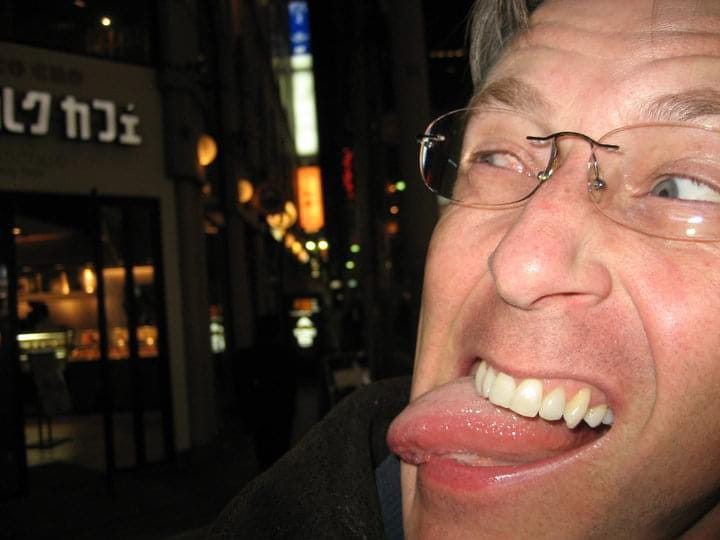
I honestly haven’t spent much time considering what gave me cancer. I’ve been more focused on adapting around all the changes it has brought to my life. But since we’re trying to determine if I gave Joe brain cancer or not, maybe I should focus on myself for a bit.
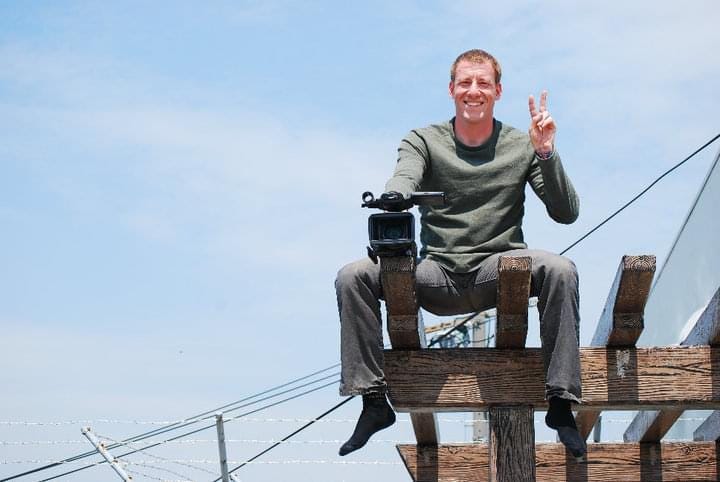
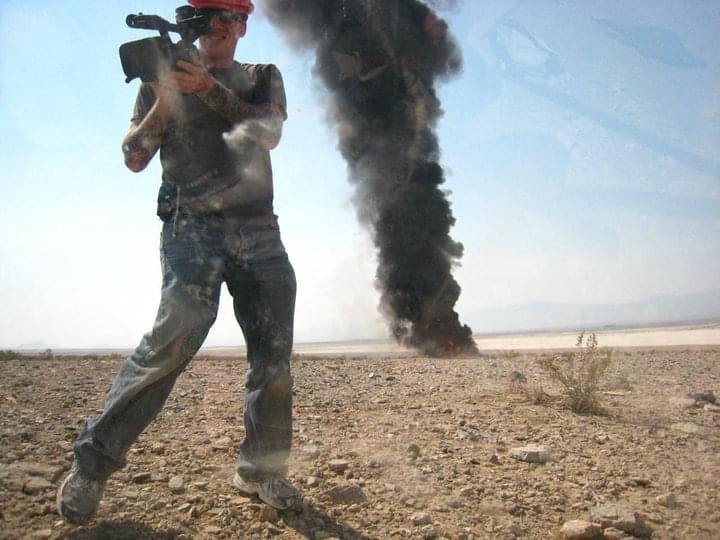
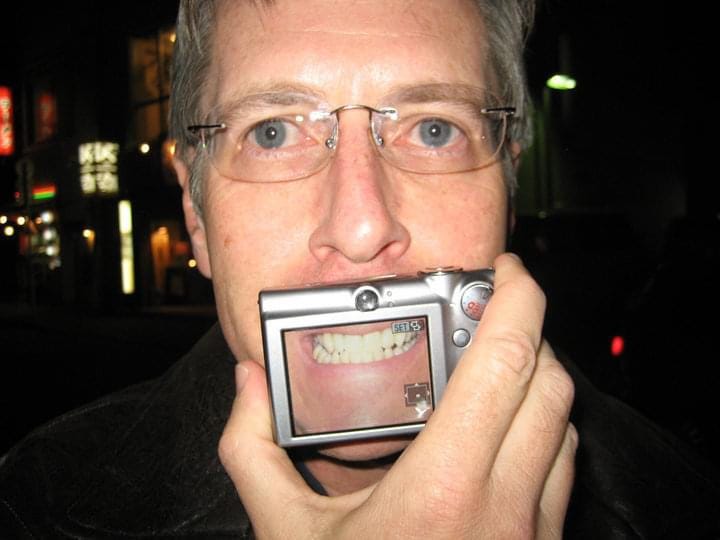
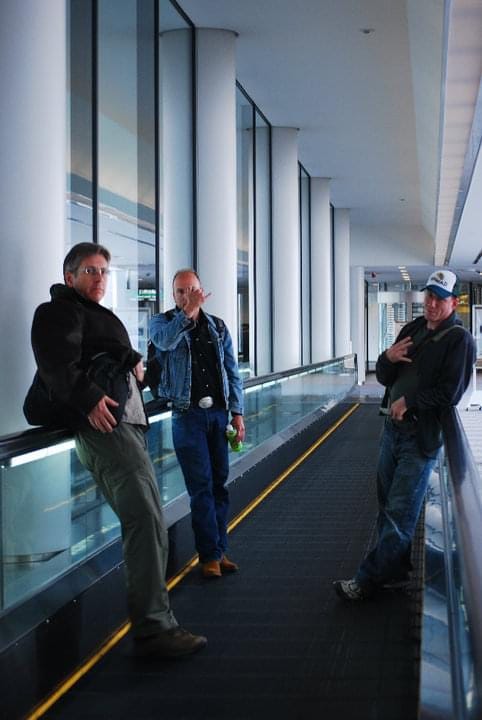
Maybe it’s all my fault. Maybe it’s Joe’s fault. Maybe it’s Japan’s fault. I guess it doesn’t really matter. I really loathe that he has to deal with it, too. I’m so glad that he’s made it through the worst of the treatments and is in relatively good spirits now with a decent chance of long-term survival (full resection, handled radiation/chemo well, virtually no deficits).
I won’t pretend like I’m taking every step along the way with him, but I have been much more in touch with him than I have since the years we worked together. And most of that contact has been privately and not online. I even feel weird writing about it, but I know he doesn’t mind. Why do I think that? Because I actually communicate directly with him.
I do know that his reaction to it all is a bit different from mine. That’s ok… as long as everyone around him allows it to be his experience (which appears to be more focused on gratitude and the strange, wonderful randomness of life). And that’s the point: if you’re reacting to someone’s cancer “experience” — or any situation really— by making it YOUR “experience” then you are guilty of grief tourism. Don’t do that. Take your friend to a baseball game in Japan instead.
And focus more on the friend instead of shooting way too much video for your stupid job. I missed out on baseball sushi with Joe by doing that. Good or bad, I bet it was something to be remembered. I think I’ll ask him today.





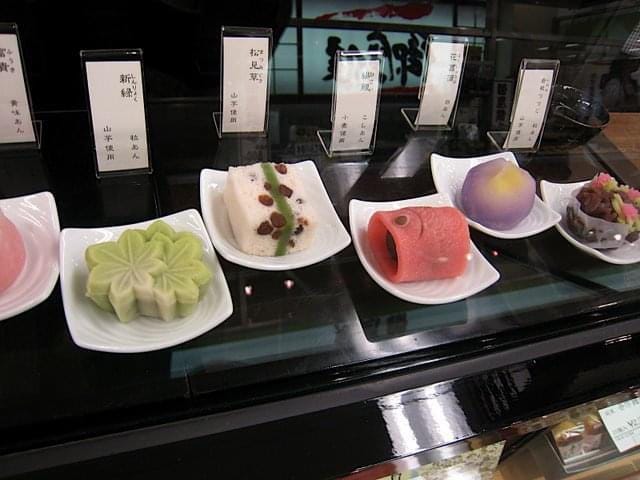
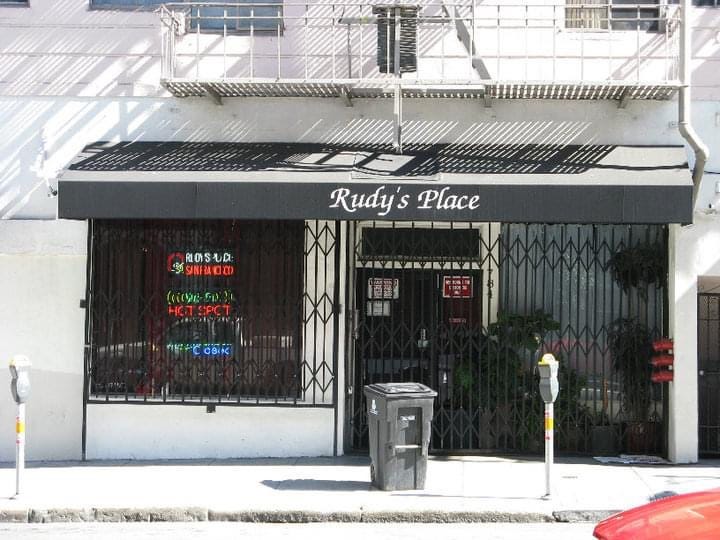
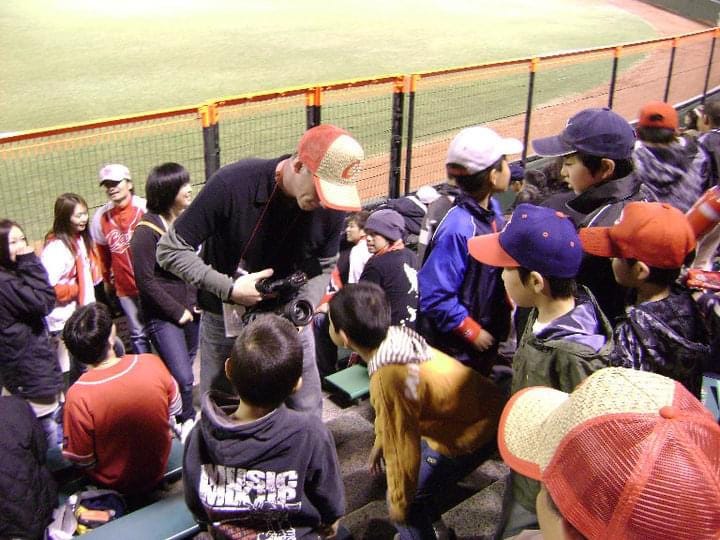
It’s definitely similar and is first how I came to hear of grief tourism. I’d view it as one of the various definitions but I think true grief tourism doesn’t involve actually feeling much of anything. It’s like borrowing someone else’s suffering to win points or something. I actually meant to include something similar in the post but got distracted looking through pictures of that one trip to Japan.
Well, there goes my new Substack: "Daniel Nest Presents: Rudy's Cancer Life"
Apparently that's frowned upon. Somehow.
Those Japan pics must make pretty great memories! It's definitely one of the top items on my "to visit" list.